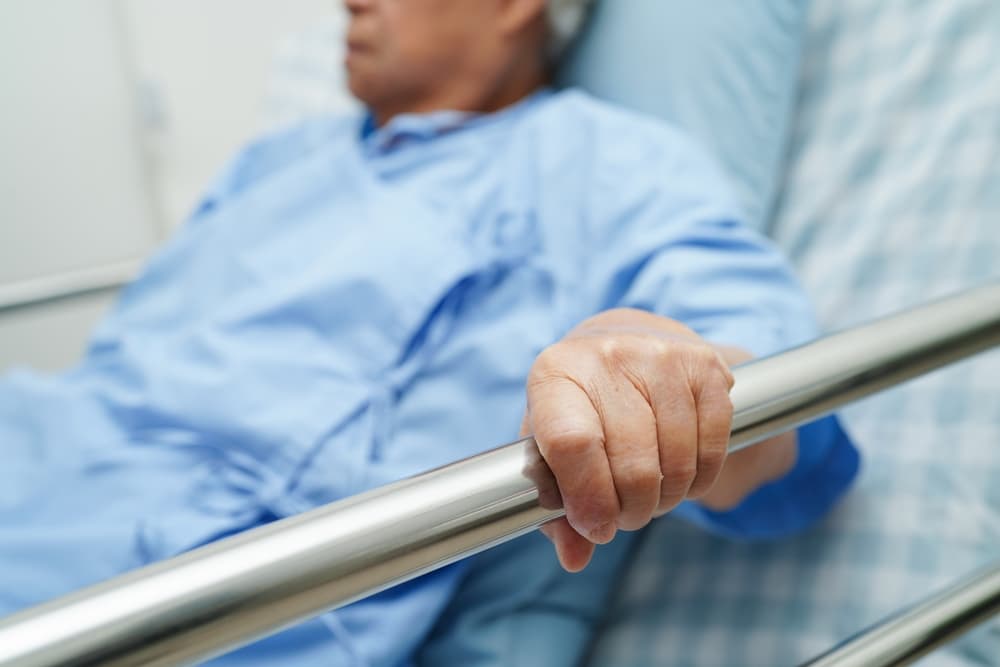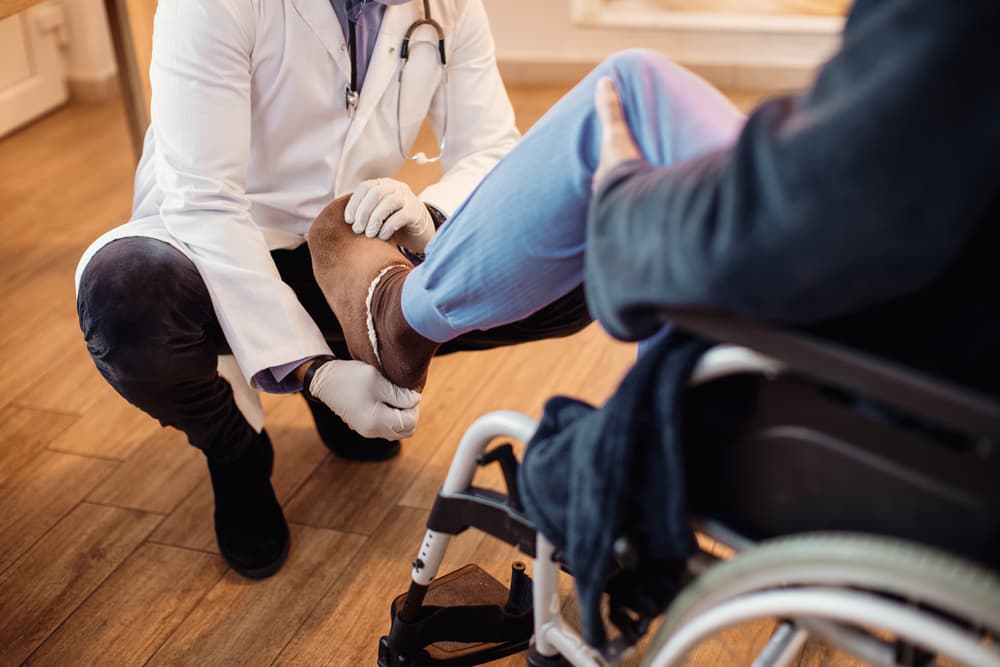
Nursing home negligence and abuse can take various forms, including failure to properly treat or medicate patients, failing to properly bathe patients, or engaging in acts of physical or emotional abuse. If you believe that your loved one may be the victim of nursing home neglect or abuse, always act right away.
A skilled nursing home negligence attorney in your area can meet with you to discuss the circumstances and begin an investigation. They can also review your legal options, including filing a regulatory complaint or pursuing litigation in the state court system.
Most Common Types of Nursing Home Abuse and Neglect
In nursing homes, where elderly individuals seek care and support, abuse and neglect are unfortunately common. Some of the most prevalent categories of abuse are as follows:
- Physical Abuse — This involves the use of force that results in bodily injury, pain, or impairment. Examples include hitting, pushing, kicking, or inappropriate use of restraints. Signs may include unexplained bruises, fractures, or frequent injuries.
- Emotional or Psychological Abuse — This form of abuse involves behavior that causes emotional pain, distress, or anguish. It can include verbal threats, humiliation, intimidation, or isolation. Signs may include withdrawal, depression, anxiety, or sudden changes in behavior.
- Financial Abuse — This occurs when someone improperly uses or controls an elderly person’s financial resources. It can involve theft, fraud, coercion, or misuse of funds. Signs may include sudden changes in financial status, missing belongings, or unauthorized transactions.
- Neglect — Neglect involves failing to provide the necessary care and support to maintain an individual’s health and well-being. It can include withholding food, water, medication, or necessary medical attention. Signs may include malnutrition, dehydration, poor hygiene, or untreated medical conditions.
- Sexual Abuse — This involves any non-consensual sexual contact or activity with an elderly person. It can include sexual assault, coercion, or exploitation. Signs may include unexplained injuries to the genital area, sexually transmitted infections, or changes in behavior.
- Negligent Hiring or Supervision —This occurs when nursing home staff fail to properly screen, train, or supervise employees, leading to substandard care or abusive behavior. Signs may include frequent staff turnover, inadequate staffing levels, or lack of proper training.
- Healthcare Fraud or Abuse — This involves fraudulent or abusive practices related to healthcare services provided to nursing home residents. It can include overbilling, unnecessary medical procedures, or improper use of medications. Signs may include discrepancies in billing, unnecessary treatments, or medication errors.
If you believe that your loved one may be a victim of abuse or neglect in a nursing home setting, an experienced lawyer can investigate the circumstances and determine your legal options.
Injuries and Illnesses That Can Result from Nursing Home Abuse or Neglect
Nursing home abuse or neglect can lead to various types of illnesses and injuries, affecting the health and well-being of residents. Common types of ailments resulting from such mistreatment include the following:
 Bed Sores (Pressure Ulcers) — These painful sores develop when a person remains in the same position for prolonged periods without relief. They often occur in individuals who are bedridden or confined to a wheelchair due to neglectful lack of repositioning or inadequate skin care.
Bed Sores (Pressure Ulcers) — These painful sores develop when a person remains in the same position for prolonged periods without relief. They often occur in individuals who are bedridden or confined to a wheelchair due to neglectful lack of repositioning or inadequate skin care.
- Malnutrition and Dehydration — Failure to provide adequate nutrition and hydration can lead to significant health problems, including weight loss, weakness, and impaired immune function. Malnutrition and dehydration are common consequences of neglectful behavior by nursing home staff.
- Infections — Poor hygiene practices and unsanitary living conditions in nursing homes can increase the risk of infections such as urinary tract infections (UTIs), respiratory infections, and skin infections. Infections may result from neglecting personal hygiene, improper wound care, or failure to maintain a clean environment.
- Medication Errors — Neglectful administration of medication, including under-dosing, overdosing, or administering the wrong medication, can lead to adverse drug reactions, worsening of medical conditions, or new health complications. Due to medication errors, residents may suffer from side effects, allergic reactions, or untreated symptoms.
- Falls and Fractures — Lack of supervision, inadequate mobility assistance, or environmental hazards within nursing home facilities can increase the risk of falls and subsequent fractures or head injuries. Residents who are not properly assisted or monitored may experience falls that result in serious physical harm.
- Psychological Trauma — Emotional and psychological abuse or neglect can have serious effects on residents’ mental health, leading to anxiety, depression, post-traumatic stress disorder (PTSD), or other psychological conditions. Verbal abuse, social isolation, or neglectful behavior by caregivers can cause significant distress and emotional trauma.
- Worsening of Existing Conditions — Neglectful care can worsen pre-existing medical conditions or chronic illnesses, leading to deterioration in the resident’s health and quality of life. Failure to monitor and manage chronic conditions such as diabetes, hypertension, or dementia can result in complications and a decline in overall health.
How to Prove Nursing Home Abuse or Neglect
Proving nursing home abuse or neglect involves understanding the legal elements required to establish liability and hold responsible parties accountable. Several key components must be demonstrated to substantiate claims of abuse or neglect in a legal context.
The first key element is the duty of care. Nursing homes have a legal obligation to provide residents with a standard of care that ensures their safety, well-being, and dignity. This duty encompasses various responsibilities, including proper supervision, assistance with daily activities, medical care, and protection from harm.
To prove negligence, the individual filing the complaint must show that the nursing home breached its duty of care by failing to meet the required standard. This can involve specific acts of abuse, such as physical violence or financial exploitation, or instances of neglect, such as inadequate medical treatment or failure to provide essential care and support.
The next element of establishing liability is causation. There must be a direct link between the breach of duty and the harm the resident suffered. The party filing the complaint must demonstrate that the neglect or abuse directly contributed to the injuries, illnesses, or adverse outcomes the resident experienced. This requires establishing a clear connection between the actions or omissions of the nursing home staff and the resulting harm.
To demonstrate claims of nursing home abuse or neglect, the claimant must then show evidence of damages, such as physical injuries, emotional trauma, financial losses, or deterioration in health. This can include medical records, witness testimony, expert opinions, and documentation of any financial exploitation or property damage.
Proving nursing home abuse or neglect often requires gathering a variety of evidence to support the allegations. This may include:
- Medical Records — Documentation of injuries, illnesses, or changes in health status can provide valuable evidence of neglect or mistreatment.
- Witness Statements — Statements from residents, family members, staff members, or other witnesses who have observed or experienced abusive or neglectful behavior can also support claims of wrongdoing.
- Physical Evidence — Photographs of injuries, unsanitary living conditions, or neglected medical needs serve as visual proof of abuse or neglect.
- Expert Opinions — Testimony from medical professionals, forensic experts, or specialists in elder abuse can help interpret medical records, assess the extent of harm, and establish causation.
- Documentation — Records of complaints, incident reports, inspection findings, or previous legal actions against the nursing home can provide additional context and support claims of systemic issues or patterns of misconduct.
Litigating a Case Involving Nursing Home Abuse or Neglect
Litigating a case involving nursing home abuse or neglect requires careful planning, thorough investigation, and skilled legal representation. Depending on the circumstances of the case, various litigation options are available to victims seeking justice and compensation for harm suffered.
One litigation option is a civil lawsuit. A civil lawsuit allows victims of nursing home abuse or neglect to seek monetary damages for injuries, losses, and emotional distress. Plaintiffs typically file a complaint against the nursing home facility, alleging negligence, breach of duty, or violations of resident rights. Civil litigation involves gathering evidence, conducting depositions, negotiating settlements, and presenting arguments in court.
Furthermore, in cases where multiple residents have experienced similar harm or mistreatment at the hands of the same nursing home facility, claimants may pursue a class action lawsuit. A class action lawsuit allows a group of individuals to collectively seek compensation for shared grievances, thereby streamlining the litigation process while representing all affected parties.
Victims of nursing home abuse or neglect may also file complaints with state regulatory agencies, such as departments of health or aging services. These agencies investigate allegations of misconduct, conduct facility inspections, and may impose sanctions or penalties for violations of regulations or licensing standards. While regulatory complaints do not typically result in monetary compensation for victims, they can lead to improvements in care standards and enforcement actions against negligent facilities.
In addition, in cases involving egregious abuse or neglect that rises to criminal conduct, law enforcement authorities may pursue criminal charges against responsible individuals, such as nursing home staff members or administrators. Criminal prosecutions can result in fines, probation, or imprisonment for perpetrators found guilty of criminal offenses, such as assault, fraud, or exploitation of vulnerable adults.
Finally, some nursing home abuse cases may be resolved through alternative dispute resolution methods, such as mediation or arbitration. These processes offer a less adversarial approach to resolving disputes, allowing parties to negotiate settlements outside of court with the assistance of a neutral third party. Alternative dispute resolution can be faster, less expensive, and more flexible than traditional litigation, but it requires voluntary participation and agreement by all involved parties.
Recoverable Monetary Damages in a Nursing Home Abuse or Neglect Case
Victims of nursing home abuse or neglect may be entitled to various types of compensation to address the physical, emotional, and financial harm they have suffered. These forms of compensation can help victims recover losses, alleviate suffering, and hold the responsible parties accountable for their actions.
Economic Damages
Economic damages are objective, quantifiable financial losses. They typically include:
 Medical Expenses — Compensation for past and future medical bills related to injuries or illnesses resulting from nursing home abuse or neglect, including hospitalization, surgeries, medication, rehabilitation, and therapy
Medical Expenses — Compensation for past and future medical bills related to injuries or illnesses resulting from nursing home abuse or neglect, including hospitalization, surgeries, medication, rehabilitation, and therapy
- Property Damage — Compensation for damage to personal belongings or property resulting from abusive or negligent acts, such as theft, vandalism, or destruction of belongings
- Funeral or Burial Costs — Compensation to cover funeral expenses and burial costs in cases where nursing home abuse or neglect leads to the wrongful death of a resident
Non-Economic Damages
Non-economic damages seek to compensate victims for intangible losses that are more difficult to quantify, such as pain, suffering, emotional distress, and loss of enjoyment of life. These damages may include:
- Pain and suffering — Compensation for physical pain, mental anguish, and emotional distress experienced as a result of nursing home abuse or neglect, including anxiety, depression, trauma, and loss of dignity
- Loss of Companionship — Compensation for the loss of companionship, comfort, and support resulting from injuries or wrongful death due to nursing home abuse or neglect
- Loss of Enjoyment of Life — Compensation for the inability to participate in activities or enjoy life as the resident did before experiencing abuse or neglect in a nursing home setting
Punitive Damages
The court awards punitive damages in some cases to punish the at-fault party for particularly egregious conduct. These damages typically apply to those cases involving intentional wrongdoing, recklessness, or extreme negligence. Punitive damages send a message that such behavior is unacceptable and serve as a deterrent to others in the long-term care industry.
By seeking compensation for economic, non-economic, and punitive damages, victims of nursing home abuse or neglect can pursue justice, hold negligent parties accountable, and obtain the resources necessary to rebuild their lives and move forward after experiencing harm and mistreatment.
Speak with an Experienced Nursing Home Negligence Lawyer Today
If you believe that your loved one may be the victim of abuse or neglect in a nursing home setting, you should seek legal help right away. A knowledgeable personal injury attorney in your area can swiftly investigate the circumstances and determine your legal options. Your attorney can then take steps to recover the compensation your loved one deserves.
Schedule your free case evaluation today to discuss a possible claim against a nursing home for injuries your loved one suffered. Time is of the essence.

